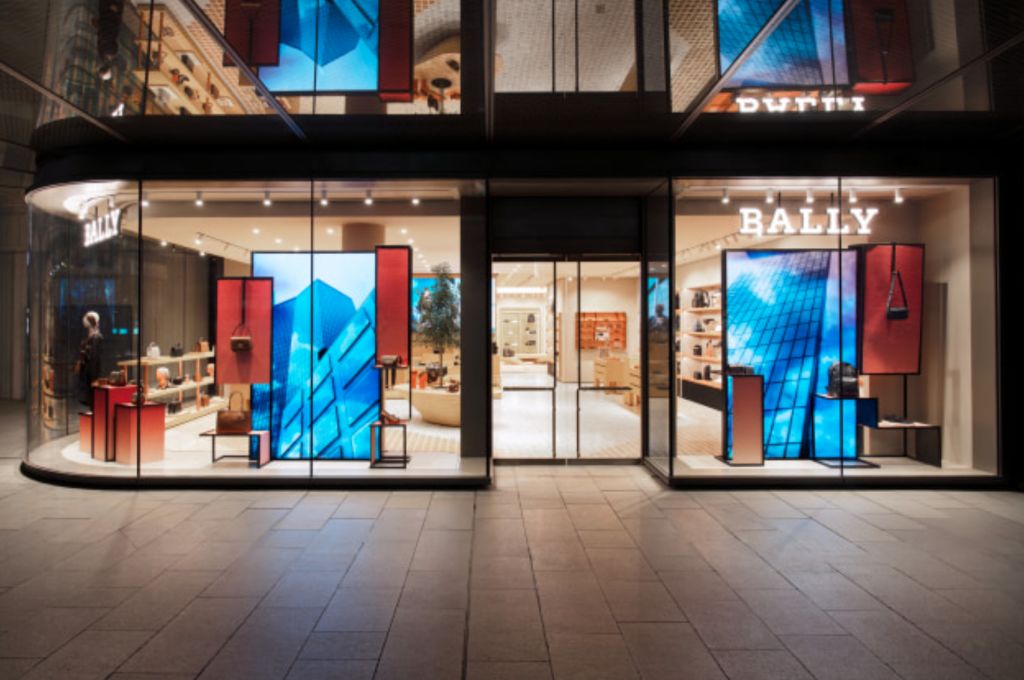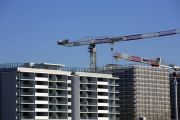
City retailers see green shoots of post-pandemic recovery
City-based retailers and landlords in Sydney and Melbourne are confident of sales returning to pre-pandemic levels in the coming months, boosted by the rise in vaccinations and the arrival of tourists as border restrictions are lifted.
While it won’t happen overnight, the sentiment is a world away from the lows of the pandemic that forced long months of stay-at-home orders for the vast population.
In its latest flash survey, CBRE says more than a third of respondents, 37 per cent, estimate it will take just six months for business to return to pre-pandemic levels, with a further 43 per cent anticipating it will take up to twelve months.
The CBRE Research Asia Pacific retail flash survey was conducted from September 9 to October 15. A total of 155 responses were received in APAC and 21 responses from Australia.
The data from CBRE’s flash retail survey indicates that not only is there a drive to increase the number of new stores, confirmed by 62 per cent of respondents, but to achieve quality formats and better locations for new leases too, confirmed by 71 per cent of respondents.
CBRE director of retail leasing Leif Olson said demand has steadily increased since lockdown has lifted. “We’ve noticed that retailers with pending lease expires are looking to secure more high-profile locations”.
He said that while the major pandemic months saw a rise in CBD vacancy rates, retailers have been planning their assault back on the market and view prime high streets as the most sought-after location for new stores.
“We saw 76 per cent of retailers list prime high streets as their next target, which is more than double the number of respondents listing alternative locations for new stores, such as CBD malls, at 33 per cent.”
Luxury retailer Bally has taken advantage of the lockdown to relocate from the corner of King Street and Pitt Street Mall to its new site at 388 George Street, Sydney, known as Bally Haus.
It is the group’s third global flagship to open this year, following openings in New York’s Meatpacking District and London’s Regent Street. It was leased by Alex Alamsyah, the partner and head of retail leasing at Knight Frank Australia.
First launched in September 2019 on Milan’s Montenapoleone, Bally Haus offers an “experiential environment” with a multi-functional format that hosts cultural programs, including film screenings, panel discussions and exhibitions.
In Sydney, the store will offer the signature Bally leather-crafted bags and accessories featured along the side walls on oak displays, while a carved, organic table houses a local evergreen tree.
CBRE head of logistics and retail research Kate Bailey said the fluctuating vacancy rates during the last 18 months has meant many retailers will look to capitalise on market conditions and potential softer rents, either expecting to renew current leases, at 43 per cent or to renegotiate lease opportunities at 57 per cent.
“Some retailers looking to make a move to new locations are also driven to do so based on their requirements for larger space, which will support their need to house dedicated click-and-collect orders or more product displays,” Ms Bailey said.
The rise in omnichannel retail is also expected to continue as consumers embrace online shopping with gusto.
Half of retailers agree e-commerce has improved their sales but that comes at the expense of customer engagement, with 74 per cent saying traditional bricks-and-mortar is more effective.
“The sentiment is positive towards physical retail space still playing a key and valuable role, with a primary focus on customer experience,” Mr Olson said.
“We’ve seen an interesting mix of new omnichannel strategies among our clients, for example Accent Group has optimised their last mile delivery strategy to consumers through its bricks and mortar stores.”
He said brands that have historically started as online businesses, such as All Birds and Warby Parker are moving into bricks and mortar, which is a trend we anticipate continuing.











